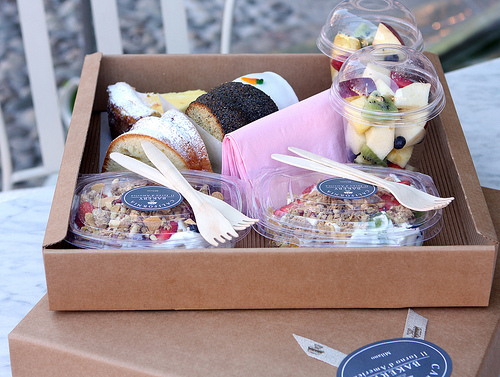The age-old wisdom still applies: Do not study harder, study smarter. However, now that paper, pencils and black-and-white composition books have become relics in the Smithsonian, “smarter” translates “fire-up all the machines and dial-in the best apps.”
Back in the day, study skills advice focused on quiet study in a clean, calm and distraction-free study environment, and it emphasized textbook reading skills. Some skills manuals even included careful directions for the use of highlighters. In those days, wise professors pontificated about the importance of motivation and engagement, and reading instructors explained the difference between literature and expository prose. The brave and bold new digital world comes with different instructions for “the ultimate study session.” Now, to gear-up for super-study, you get a technical diagram and instructions about “off” and “on.” The diagram stresses the importance of putting all your gadgets strategically within arms’ reach but out of the coffee-spill zone. The binary instructions emphasize putting all the buttons in the “on” position.
Prepare for the Ultimate Study Session.
Strap-in, get your glasses on and go. In order to log the hours and tote-up the pages you need for maintaining your four-point-OMG, fire-up…
- A tonnage of tuneage. Your brain does tricks other muscles cannot, but it works like a major muscle: It requires about 20 minutes to warm-up and reach optimum performance; then, it will run at peak rpm for about two hours. After two hours, your brain requires twenty minutes for recharge and reboot. These fun facts from cognitive psychology determine how to arrange your playlist. In the first 20 minutes, you need your motivational music—“Eye of the Tiger” and “Under Pressure” work well. During your two-hour cruise, keep it mellow, but maintain that “big beat, precise and hard to master,” because the rhythm synchs with your heartbeat to keep you awake and engaged. Of course, the world invented classic jazz to give your brain the proper chill-down it requires.
- Textbooks and course materials on your tablet. You know how to find your course materials. Do you also know how to find scholarly articles in “j-store” and digital editions of scholarly books in “e-brary”? Lots of the high-powered academic texts you need are stored in huge digital libraries, easily accessible with just a couple of clicks, and many accessible via Facebook. Sadly, with digital texts at your fingertips, you no longer can claim, “My dog ate it.”
- The study group on the social network. Face two grim facts of college life: First, your professor expects you to read the whole book ; second, your professor especially expects you to pick-up the nuances in the book. The questions at the end of each chapter never ask what the professor believes you should know. Therefore, you and your friends form an online study group, relentlessly questioning one another about details, nuances and implications. Remember, every study session should serve as conditioning for the final examination. Using your lecture notes, predict your instructor’s concerns and develop test questions accordingly. Grill one another until you feel confident you know the material as if you had written it yourself.
- Apps for words, numbers and references. Lots of scholars assume you certainly must know Latin, French and German, and they sprinkle “foreign” phrases through their prose just to prove how dazzlingly smart they are. You, too, can be smart, using your translation and dictionary apps to make sense of the texts. When you write papers, use your thesaurus apps. When you grow tired and frustrated, link to “Sparknotes” and other study aids for hints about what matters in your text and subject.
- Food deliveries bookmarked. Of course, you will get hungry; you burn about 350 calories per hour when you think critically and analytically. A few purveyors of fast food let you order online and promise to have your order ready when you arrive. Many of your favorite local restaurants have similar features on their websites because they want to nourish your intellect. For a great meal, try Chinese as this type of food will nourish you and not leave you feeling sluggish; plus, it’s great as leftovers.
As you grind your way from freshman orientation to graduation, you repeatedly will recall your adviser’s prophetic words: “If you’re not suffering, you’re not having fun.” The more difficult your material, the more you can use technology to minimize the suffering and optimize the fun.
![]() Chelsey Taylor is a freelance blogger and occasionally writes for delivery.com a site she loves using to find local Order Delivery NYC Online Food Delivery
Chelsey Taylor is a freelance blogger and occasionally writes for delivery.com a site she loves using to find local Order Delivery NYC Online Food Delivery




 Follow
Follow Fan
Fan RSS
RSS